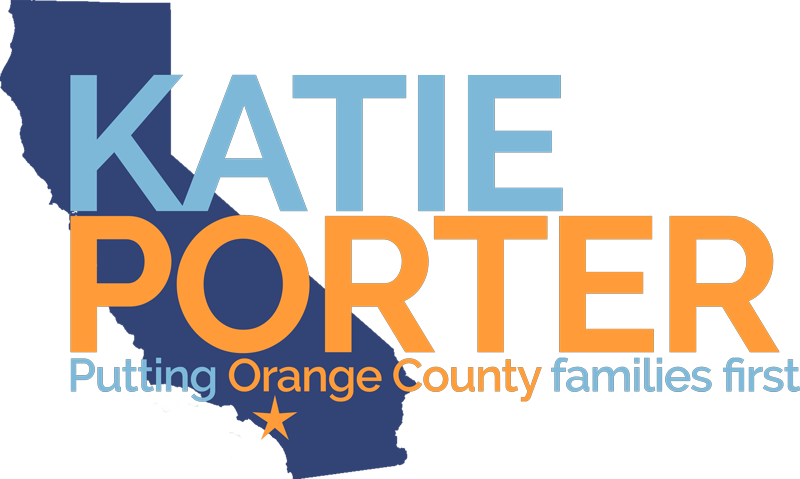In the News
Roll Call: Katie Porter takes aim at ‘half-baked’ privileged resolutionsKatie Porter takes aim at ‘half-baked’ privileged resolutions
Washington,
February 9, 2024
|
Justin Papp, Roll Call
In the latest sign of frustration over frequent censures and other punishment attempts in the House, California Democratic Rep. Katie Porter is proposing a rule change aimed at ending the partisan tit for tat. Porter on Friday introduced legislation that would change House rules around privileged resolutions, the procedural maneuver many members have used this Congress to force votes on rebuking their colleagues. Porter’s proposal would allow resolutions to be privileged, a distinction that can trigger floor action within two days, only if they’re based on conduct that a committee has investigated or if they’re offered at the direction of a party caucus or conference. The measure would apply to privileged resolutions to censure, reprimand or expel a member, resolutions to vacate the speakership and resolutions to impeach government officials. “Americans see a Washington that is broken and not working on their behalf. Too many half-baked censure, expulsion, and impeachment resolutions have wasted time that Congress could’ve spent addressing problems Americans face every day, like the cost of housing and finding affordable child care,” Porter said in a statement. “My proposal would help make Washington work better and cut down on the partisan games, helping Congress earn back the people’s trust.” Porter’s move comes in the midst of a flurry of recent privileged resolutions that have peeved lawmakers on both sides of the aisle and contributed to a tumultuous 118th Congress. The tactic was used to oust former Speaker Kevin McCarthy, to expel disgraced Republican George Santos and to censure Democratic Reps. Jamaal Bowman of New York and Rashida Tlaib of Michigan. According to House rules, questions of privilege are “those affecting the rights of the House collectively, its safety, dignity, and the integrity of its proceedings” and “those affecting the rights, reputation, and conduct of Members, Delegates, or the Resident Commissioner, individually, in their representative capacity only.” Once relatively rare, privileged resolutions have emerged as an effective tool for lawmakers to sidestep leadership and force votes on the floor. Last week, Georgia Republican Rep. Marjorie Taylor Greene gave notice of her intent to raise yet another privileged question. Her resolution to censure Minnesota Democratic Rep. Ilhan Omar was expected to be considered this week, but the timing remains unclear. Greene said she was consulting with leadership and staying focused on another effort dominating the floor: Republicans’ unsuccessful push to impeach Homeland Security Secretary Alejandro Mayorkas. “These privileged resolutions, to censure and to impeach, it’s such a colossal waste of time. These people aren’t interested in governing, they’re interested in distraction,” Rep. Jim McGovern, the Massachusetts Democrat who serves as ranking member of the Rules Committee, told Roll Call in December. With Republicans in control of the House and no bipartisan support for Porter’s legislation, at least as of Friday, it’s unlikely to go anywhere. Democratic Reps. Raja Krishnamoorthi and Delia Ramirez, both of Illinois, and Nikema Williams of Georgia are co-sponsors, according to a spokesperson for Porter. But it’s a reminder of the simmering tensions in the House as privileged resolutions eat up important floor time. It also comes less than a month before the crowded California open primary to fill the Senate vacancy caused by the death of Dianne Feinstein. Porter is in a tight race with fellow House Democrats Adam B. Schiff and Barbara Lee, as well as former Major League Baseball player Steve Garvey, who is running as a Republican. Recent polling shows Schiff narrowly ahead. On the campaign trail, Porter has floated her “shake up the Senate” plan, which includes steps like eliminating earmarks from appropriations bills, abolishing the filibuster and banning senators from trading stocks or accepting campaign contributions from federal lobbyists and corporate PACs. “Both parties have refused to take some of the actions that we must take to clean up our democracy,” Porter told Roll Call in January. “My proposal to reform the House’s privilege rules builds on my record of promoting good governance,” Porter said in her statement Friday. |
